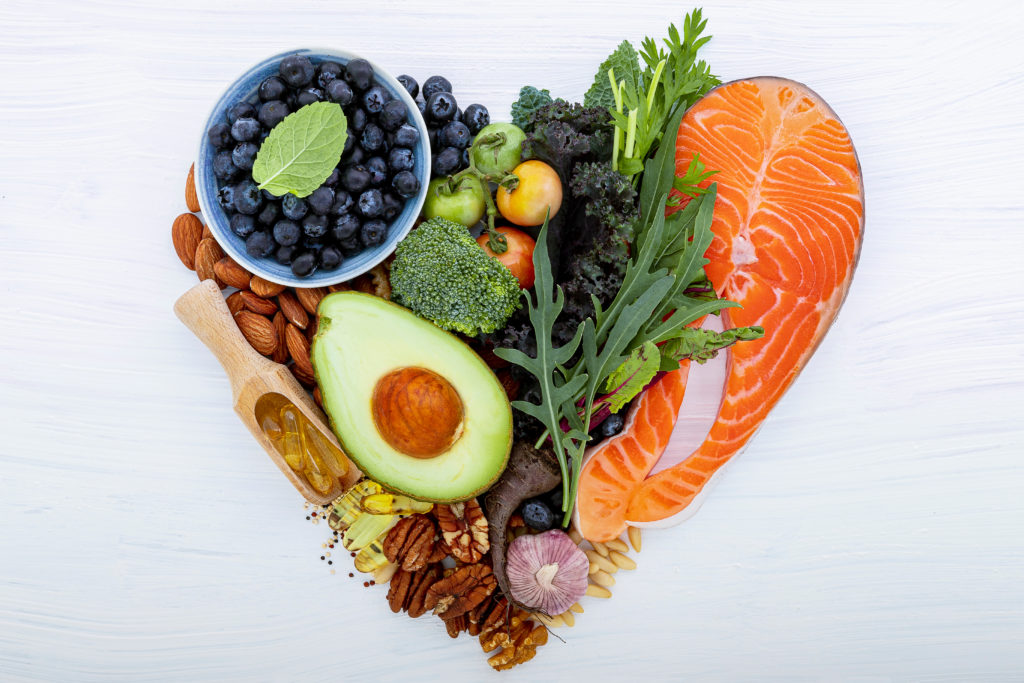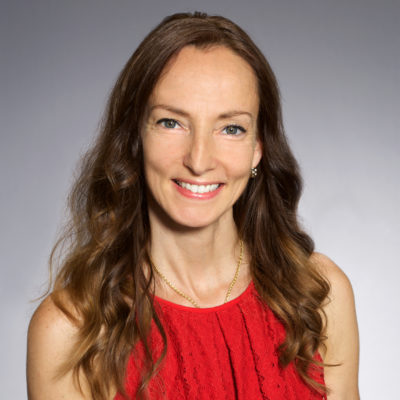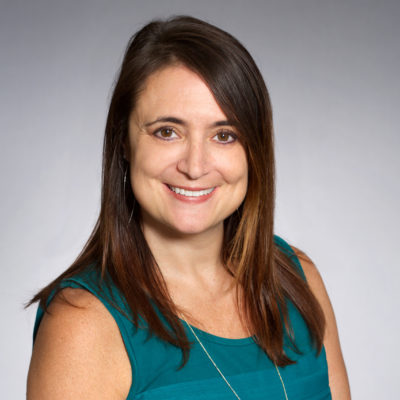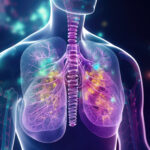
This is the third installment of four in our series to address frequently asked questions about diet and nutrition after cancer diagnosis. The first article “Eating to Gain Weight Back with Cancer” covered how to manage cancer- or treatment-related weight loss. The second “News You Can Use! Nutrition, Physical Activity, & Cancer” focused on common side-effects and ways to manage them through food. This article will hone in on eating for cancer survivorship.
Sometimes public health messages and nutrition advice can be confusing. Recommendations often differ by source and/or may change as science evolves.
Fortunately, the guidance around eating for cancer survivorship is very clear and consistent. Spoiler alert – you don’t have to do hours of online research, exert Herculean efforts, or follow the latest fads. It’s really about getting back to the basics and making sure that your body is getting enough of the essential nutrients it needs and not getting too much of the nutrients that tend to be overconsumed. Here are the top questions on this topic!
Have you heard of the latest Fad Diet – There are many fad diets out there, particularly online.
Some sound outlandish and are easier to spot. Others sound fairly plausible. If you have access to registered dietitians, as patients at Virginia Cancer Specialists do, the answer about whether you can benefit from a specific diet is an email away. Examples of those we frequently get asked about include the ketogenic diet, the alkaline diet, and juicing. Keto can be medically indicated (typically with some types of brain cancers), but only your doctor, nurse practitioner, or dietitian can tell you if it’s right for your situation. Following an “alkaline diet” is futile. Despite your best efforts, your body will work to tightly regulate pH levels in your body. If you are successful at changing the pH of your body, that is dangerous. Finally, juice provides great nutrients and antioxidants. Unfortunately, many cancer patients are already not eating enough to maintain their weight and juice does not provide substantial calories. Additionally, it does not provide fiber – an often underconsumed nutrient. Some patients need to limit fiber so if you have been told that, including juice may be for you.
Should I take supplements? Supplement intake, particularly during cancer treatment, should be limited to those that your healthcare provider has told you that you are deficient in. Research shows that the body prefers nutrients from food over nutrients from supplements. Additionally, nutrients known to serve as “antioxidants” in the body (examples include vitamins C and E and certain herbs, such as cinnamon and turmeric) can interfere with cancer treatment. Make sure that your medical team knows all the supplements that you are taking.
Should I be physically active? In short, yes, if you can. Research shows that physical activity is beneficial before, during, and after cancer treatment. Additionally, physical activity can be helpful in maintaining muscle mass and stimulating appetite. Just make sure that you can safely do so and consult your physician if you are unsure.
What should I eat? Eat plenty of fiber-containing foods, as tolerated (e.g., fruits, vegetables, beans and legumes, nuts and seeds, and whole grains). Limit intake of foods high in saturated fats and added sugars; red and processed meats; and sugar-sweetened or alcoholic beverages. Finally, since weight gain has been associated with risk of developing several types of cancer, it’s recommended that you aim to maintain a healthy weight.
Check back frequently for the final blog in this series – how to lose weight gained during cancer treatment!
By:
Shelley Maniscalco, Registered Dietitian









